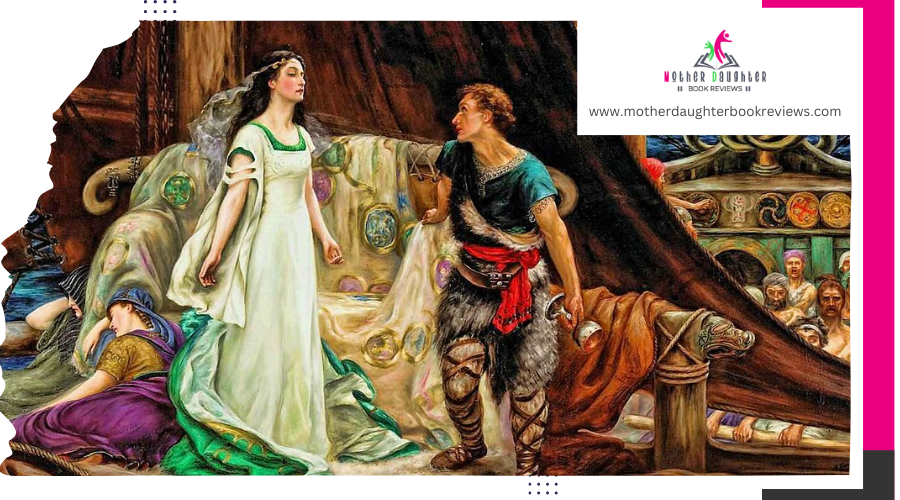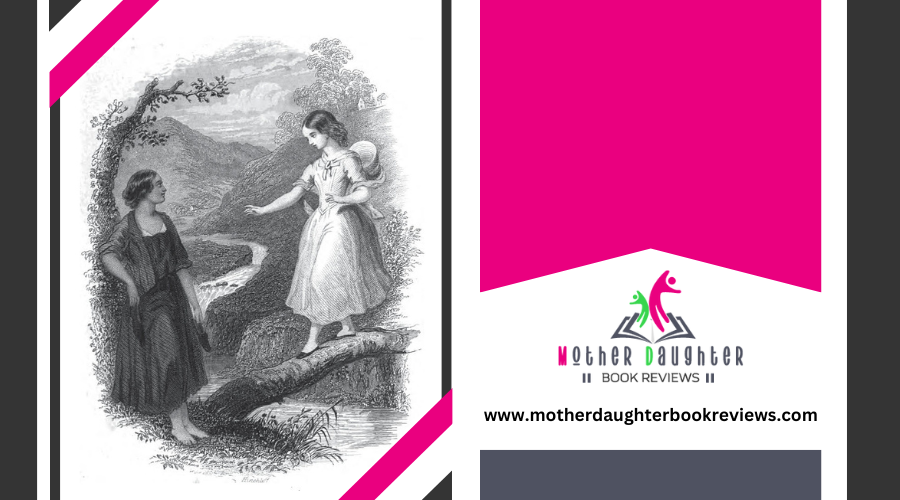A Story of Identity for Young Readers in The Outsiders

In "The Outsiders," you'll uncover a vivid story about friendship and identity. The bond between the Curtis brothers—Darry, Sodapop, and Ponyboy—highlights loyalty and support in a tough socio-economic environment. The Greasers, a close-knit group, offer a sense of belonging and family-like camaraderie. You'll see Ponyboy navigate social divides and peer pressures while staying true to his love for literature, challenging typical Greaser stereotypes.
The Bonds of Brotherhood
In "The Outsiders," the bonds of brotherhood play a central role in shaping the characters and their experiences. You'll see how brotherly loyalty and familial ties guide the actions and decisions of the main characters, especially within the Curtis family. Ponyboy, Sodapop, and Darry Curtis rely on each other after the tragic loss of their parents, creating a tight-knit unit that's essential for their survival and emotional well-being.
Darry, as the eldest, takes on a parental role despite his young maturity, showcasing his deep commitment to his brothers. His often stern demeanor stems from a place of responsibility and love, reflecting how familial ties can shape one's life choices. Sodapop, the middle brother, acts as the glue holding the family together, balancing Darry's strictness with his own brand of easygoing support.
Through their struggles, you'll notice that the Curtis brothers' loyalty to each other never wavers, even when faced with immense challenges. Their bond exemplifies the idea that brotherly loyalty can provide a foundation of strength and resilience. This theme underscores how familial ties can profoundly influence individual paths, creating a sense of unity amid turmoil.
Navigating Social Divides
While the Curtis brothers' bond exemplifies loyalty within a family, the story of "The Outsiders" also highlights how social divides influence the characters' lives. You see class conflict everywhere in the novel. The Greasers and the Socs are from different economic backgrounds, and this economic disparity shapes their social identities. As a Greaser, you might feel the weight of cultural differences and peer pressure to conform to your group's expectations.
Group loyalty plays a significant role in the friendship dynamics between the characters. For instance, Ponyboy and Johnny's friendship is often tested by their loyalty to the Greasers. The group offers a sense of belonging, but it also pressures you to uphold its values, even if they clash with your own developing identity.
Navigating these social divides involves understanding how your background influences your actions and relationships. Economic disparity isn't just about money; it molds your experiences and interactions. Cultural differences between the Greasers and the Socs create barriers that seem insurmountable, yet the story shows moments where friendship transcends these divides. Ultimately, the novel teaches you that while group loyalty is vital, personal identity formation requires stepping beyond these social confines.

Ponyboy's Journey of Self-Discovery
Ponyboy's expedition of self-discovery unfolds as he grapples with the complexities of his identity within and beyond the Greasers. You witness his struggle to understand who he truly is while steering through the pressures and expectations placed upon him by his gang and society. Identity exploration becomes a central theme as Ponyboy questions if he's confined to his role as a Greaser or if he can transcend it.
You see him develop through the relationships he forms and the experiences he undergoes. His bond with Johnny, for example, plays an essential role in his personal growth. Facing extreme circumstances, like the church fire and the subsequent escape, forces Ponyboy to confront his fears and re-evaluate his values.
The Role of the Greasers
Amid the turbulent landscape of Ponyboy's world, the Greasers' role transcends mere gang affiliation. They epitomize a sense of belonging and identity amidst societal rejection. You'll notice that greaser culture isn't just about leather jackets and greased-back hair; it represents a defiant stance against a society that labels them as outcasts. This culture forms the bedrock of their unity, fostering a tight-knit community where every member finds comfort and strength.
Loyalty dynamics within the Greasers are essential. You'll see that each member stands by one another through thick and thin, creating a family-like bond that goes beyond blood relations. This fierce loyalty is what keeps them together, especially when they face the constant threat of violence from the rival Socs. For Ponyboy, the Greasers' unwavering support is vital as he navigates his own identity and the challenges life throws his way.
Lessons in Empathy
Empathy often lies at the heart of "The Outsiders," providing readers with powerful lessons on understanding and compassion. As you follow the lives of Ponyboy and his friends, you start to see how emotional connections are formed even amidst conflict. The Greasers and the Socs might seem like polar opposites, but their struggles reveal shared human experiences. By showing you both sides of the story, the book helps you understand differences and recognize that everyone faces their own battles.
When Ponyboy interacts with Cherry Valance, a Soc, you notice how their conversations break down preconceived notions. You begin to realize that empathy isn't just about feeling sorry for someone; it's about trying to see the world through their eyes. Their friendship shows you that emotional connections can transcend social barriers, making you question your own judgments and biases.
Moreover, Johnny's relationship with his abusive parents and his bond with the Greasers teaches you that family isn't always about blood but about who stands by you. This understanding deepens your sense of empathy, encouraging you to look beyond superficial differences and connect on a human level.
The Impact of Societal Pressure
Understanding empathy in "The Outsiders" sets the stage for grasping how societal pressure shapes the characters' lives. You see the Greasers and the Socs constantly under the thumb of peer influence and social expectations. These pressures dictate how they act, what they wear, and even who they befriend. For instance, Ponyboy struggles to reconcile his love for literature and movies with the tough, rough image his group expects him to uphold.
The societal divide between the Greasers and the Socs isn't just about wealth; it's about identity and belonging. You observe how characters like Johnny and Dally get molded by their environments. Johnny, dealing with an abusive home life and the brutal attack by the Socs, feels immense pressure to conform to the Greaser's harsh exterior. Meanwhile, Dally adopts a hardened persona, influenced by years of societal neglect and criminal expectations.
These roles aren't just masks; they're survival mechanisms. When you immerse yourself in their world, you realize that societal pressure can limit choices and force individuals into predefined paths. It's a powerful reminder of how deeply social expectations and peer influence can affect one's identity and actions.
Staying True to Oneself
Often in "The Outsiders," the characters face the challenge of staying true to themselves amidst external pressures. You see Ponyboy, Johnny, and their friends continually navigate a world filled with expectations and stereotypes. For these characters, the expedition of self acceptance is a central theme. They struggle to maintain their authentic expression while managing the harsh realities of their socio-economic environment.
Consider Ponyboy's love for literature and sunsets, interests that don't fit the typical "Greaser" image. By embracing these passions, he initiates a self acceptance expedition, showing that being true to oneself often means going against the grain. Johnny, too, shows his authentic expression when he defends his friends, despite being known as the gang's quiet, vulnerable member.
You can learn from their experiences that staying true to oneself isn't always easy, but it's essential. When you accept who you are and express that authentically, you find strength and resilience. The characters in "The Outsiders" remind you that while external pressures can be overwhelming, your self-worth and identity are yours to define and protect.
Timeless Themes
Facing the challenges of adolescence, today's youth can find invaluable lessons in "The Outsiders" through its timeless themes. This classic novel explores deep into identity formation, showing young readers the complexities of uncovering who they are amidst societal pressures. You'll see characters like Ponyboy struggling to understand his place in the world, which mirrors your own expedition of self-discovery.
The theme of youthful resilience is also prominent. Despite facing numerous hardships, the characters demonstrate an incredible capacity to bounce back. This resilience teaches you that no matter how tough things get, you have the inner strength to overcome obstacles. The Greasers, for instance, face constant discrimination and violence, yet they persist and support one another, proving that resilience is key to steering through life's challenges.
"The Outsiders" also highlights the importance of empathy and understanding. By seeing the world through the eyes of both the Greasers and the Socs, you learn that everyone has their own battles, fostering a sense of compassion. These timeless themes resonate deeply, offering guidance and inspiration as you maneuver your own path through adolescence, making the novel a powerful tool for personal growth.
Wrapping Up
The Outsiders is a profound story of friendship, identity, and resilience that continues to resonate with readers of all ages. As you follow Ponyboy and his friends through their struggles and triumphs, you gain valuable insights into the challenges of self-discovery, the power of empathy, and the impact of societal pressure. The characters' journey teaches you the importance of staying true to yourself, even when faced with external expectations and peer influence.




